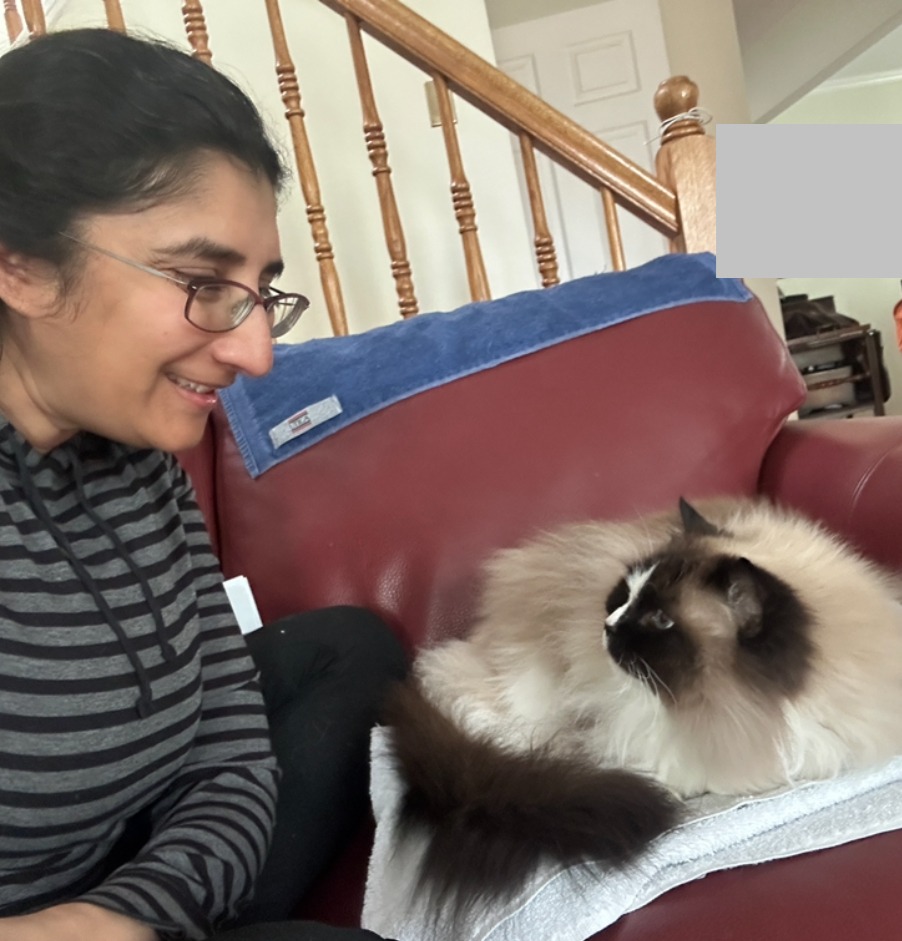5 Things We Learned from Rosie the Cat About Writing Struggles

She wasn’t regressing.
She was recharging for the next big step.
And it reminded me so much of the kids I’ve worked with especially those with sensitive nervous systems who become overwhelmed and avoid writing.
OT is not just for your child

When one family member struggles, it impacts everyone. Occupational therapy goes beyond supporting your child’s sensory and emotional needs to include the whole family—parents, siblings, and their nervous systems. Discover how gentle, practical strategies can create a more connected, calm, and supported home environment for everyone.
How This Child Gained Confidence in Writing — A Holistic Approach for Struggling Kids

Parents often wonder if progress in movement and coordination relates to writing and the answer is YES!
When we build foundational skills, the ripple effect reaches beyond just writing.
This child didn’t gain writing confidence by being pushed to write.
They gained it by becoming stronger, more aware of their body, and more regulated; and the writing followed.
Welcome (Back) to the Blog

You will not find quick fixes or one size fits all solutions here. Just real conversations and support for those navigating real life with neurodivergent kids.
5 Tips to Help Left-Handers with Writing

Kids who are left-handed can sometimes take extra time to develop their hand dominance. It’s important kids can use both hands together so that their dominant hand is for moving and controlling the pencil and their opposite or non-dominant helping hand is for holding the paper.
Therapeutic Benefits of Babywearing

You can see how it can either help decrease sensory overload for sensitive babies or provide extra input to
babies who need more sensory information. By integrating, touch, body and movement input, we are helping develop multi-sensory processing.
Sensory Processing – Early Warning Signs for Babies

Due to the plasticity of a young child’s brain, there is hope and good potential for progress and improvement with Early Intervention. If you are concerned about these early warning signs, seek advice from an Occupational Therapist who specializes in working with infants and younger children, particularly those with sensory processing difficulties. It is never too early or never too late to get help.
